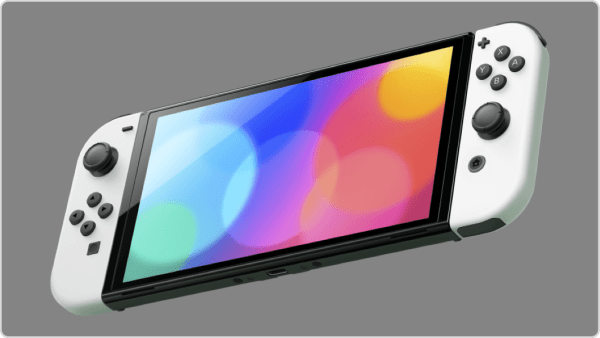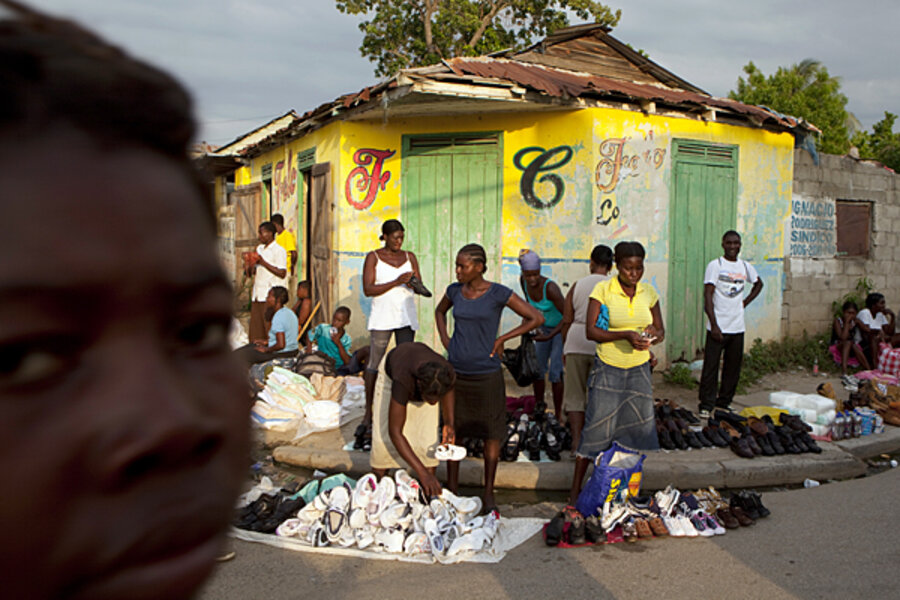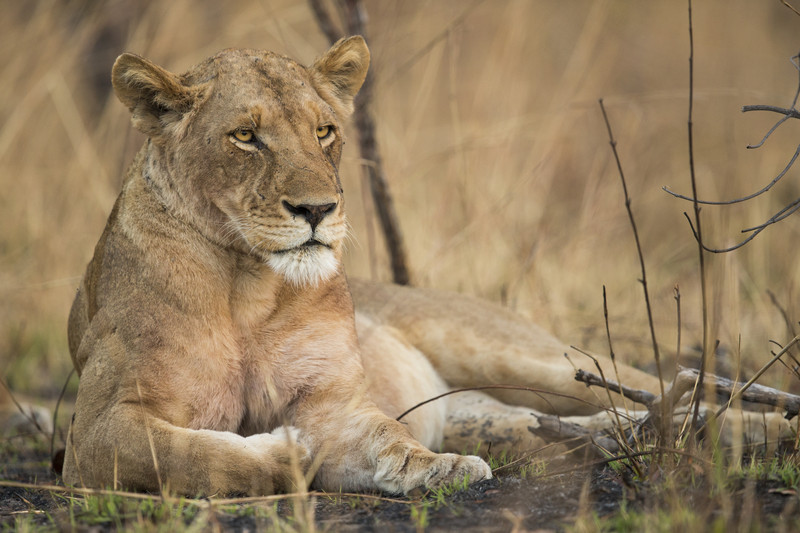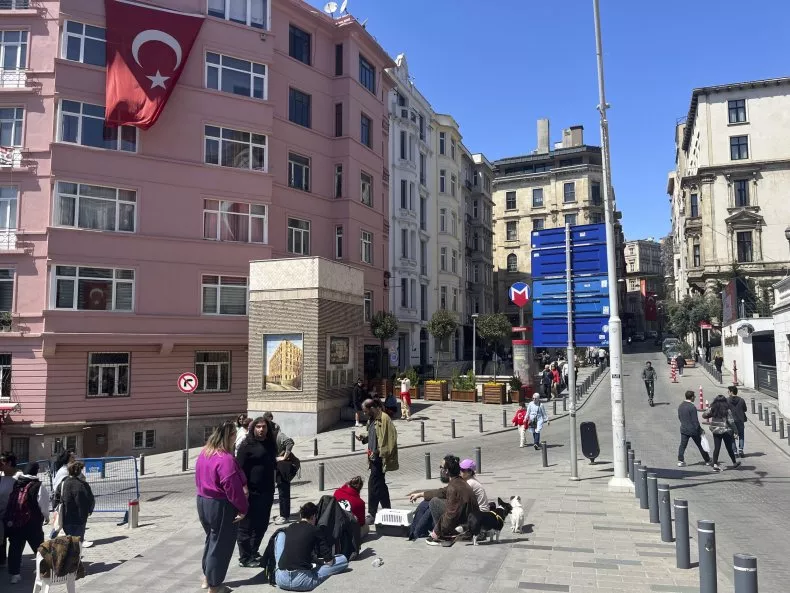South Sudan on the Brink: Fragile Peace at Risk as Political Crisis Escalates

South Sudan, the world’s youngest nation, is once again teetering on the edge of collapse as a fragile peace deal that ended years of bloody conflict now faces a serious threat. Despite achieving independence from Sudan in 2011 after prolonged unrest, the country has struggled to maintain unity among deeply divided ethnic groups. A civil war that erupted in 2013, reignited in 2016, and finally cooled with a 2018 peace deal, has left a legacy of violence and distrust. That agreement formed a unity government led by President Salva Kiir and several vice presidents, including his longtime rival Riek Machar. However, recent developments have thrown this delicate power-sharing arrangement into turmoil.
The arrest of Machar, leader of the SPLM/A-IO party, has triggered a fresh wave of political instability. His detention, which followed a series of arrests targeting other SPLM/A-IO officials and military action involving Ugandan troops invited by Kiir, was strongly condemned by Machar’s party. They claim it marks the collapse of the peace agreement and accuse the government of igniting tensions. Machar himself denounced Uganda’s involvement in a letter to the UN, asserting that it violates the 2018 deal. Meanwhile, violent clashes in Nasir involving a Nuer militia and government forces have raised fears that ethnic rivalries could spiral into widespread conflict once more.
The government has defended its actions, with Information Minister Michael Makuei accusing Machar of inciting rebellion to prevent elections and destabilize the country. Allegations suggest that Machar encouraged attacks on military assets, though he denies links to the White Army militia involved. The SPLM/A-IO has not officially responded to these accusations. Meanwhile, international concern is mounting. UN Secretary-General Antonio Guterres has warned that the situation eerily echoes past civil wars, while major Western powers and the European Union have called for Machar’s release and a return to ceasefire negotiations.
As tensions mount, the humanitarian crisis in South Sudan continues to deepen. The World Bank and UN reports paint a grim picture: extreme poverty afflicts more than two-thirds of the population, and basic governance remains fragile. Despite hosting over half a million refugees from neighboring war-torn states, South Sudan's internal strife keeps worsening. The African Union has promised to send a delegation to Juba to mediate, and Kenyan officials have initiated peace talks. However, unless swift diplomatic action is taken, South Sudan risks sliding back into a devastating war that could erase years of fragile progress.
What's Your Reaction?














:format(webp)/cdn.vox-cdn.com/uploads/chorus_image/image/70136881/1347078605.0.jpg)







